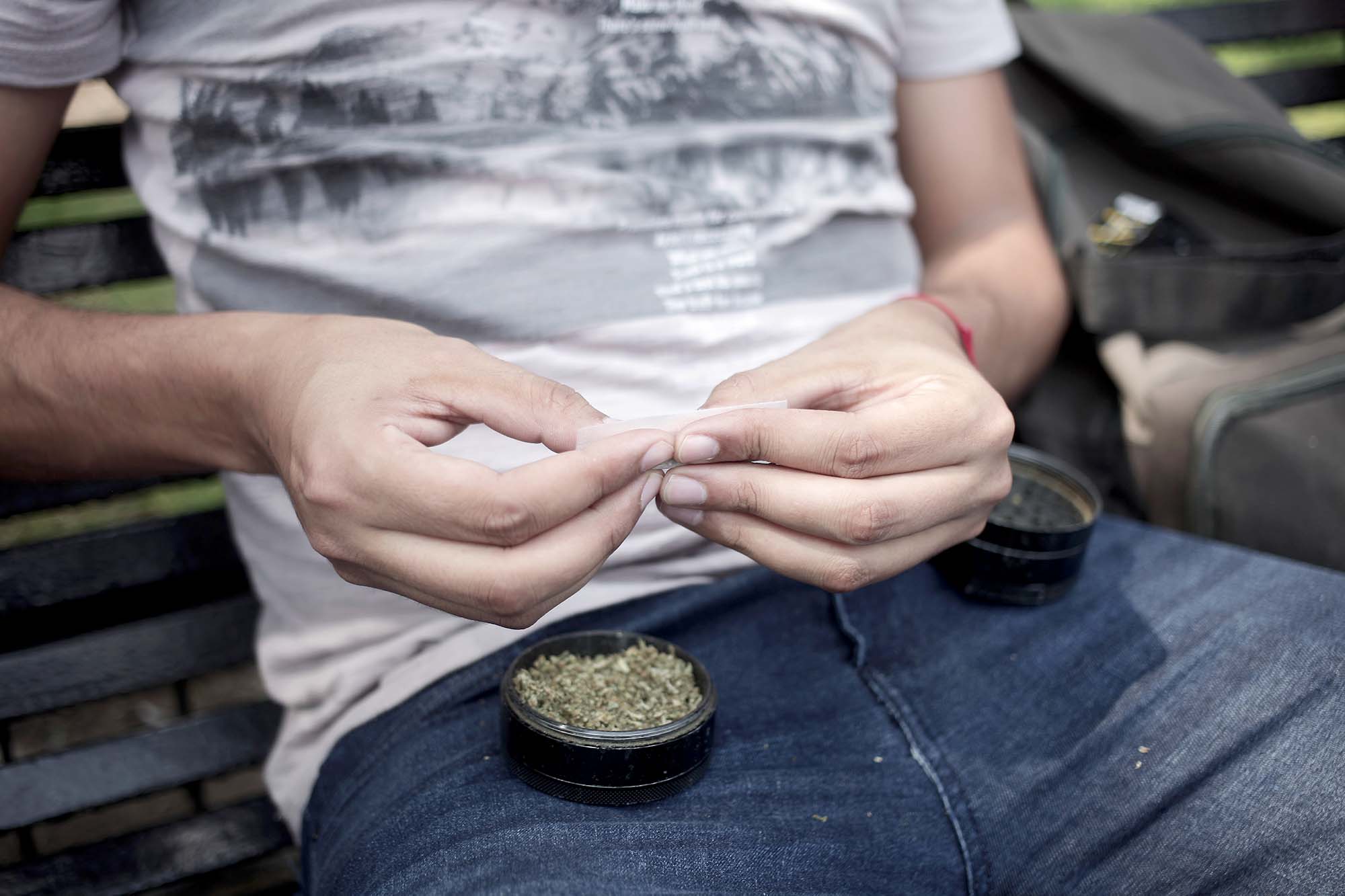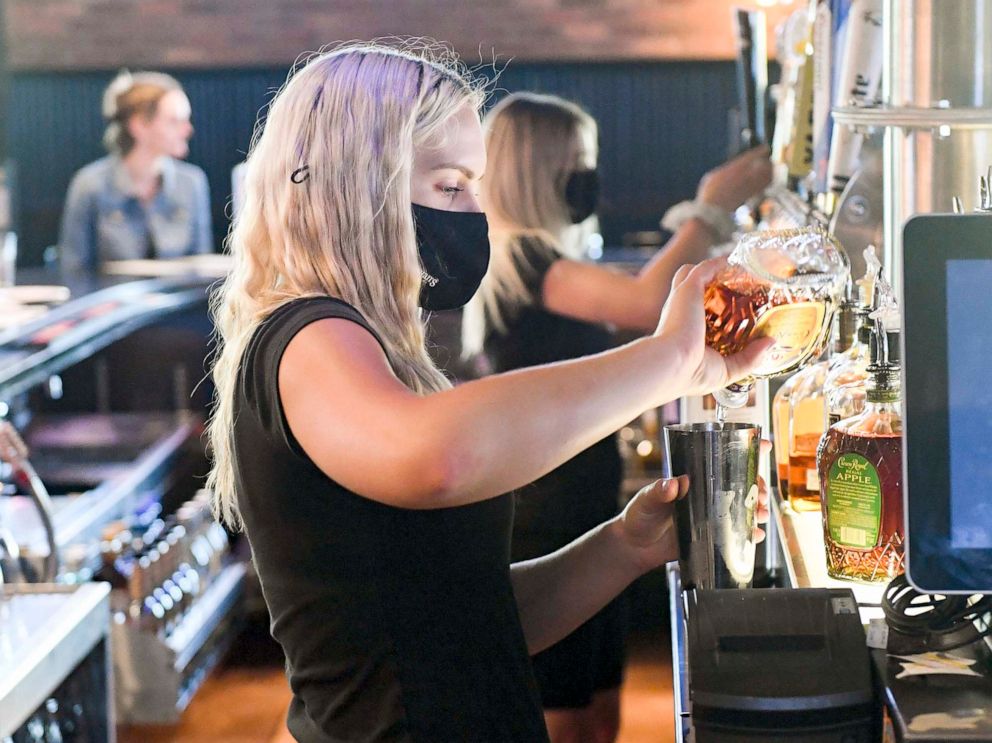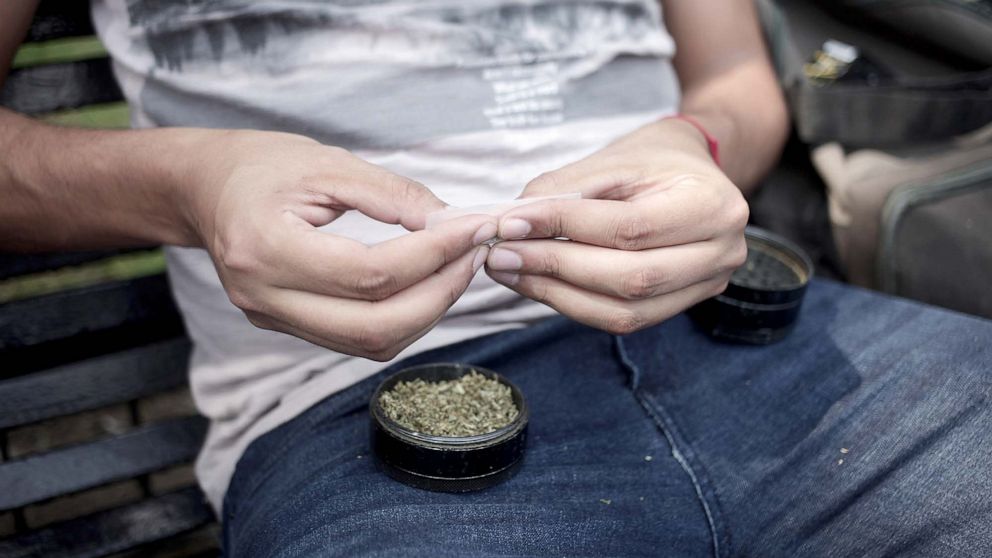Young adults dropping alcohol for marijuana and hallucinogens, survey finds
Patterns of substance use are changing amongst the younger generations, with new survey results indicating that alcohol is falling out of favor, while the use of marijuana and hallucinogens is on the rise.
The survey, which began collecting data in 1975 and is designed to provide a snapshot of national drug use trends each year among young adults, was recently published in Monitoring the Future, a publication by the University of Michigan's Institute for Social Research.
According to the survey, the use of marijuana in 2020 continued the steady increase seen in prior years. Along with this, the use of hallucinogens (including substances like LSD) rose in popularity.
And doctors say these survey results reflect their own experience treating teens and young adults for substance use.
"The findings here are pretty consistent with what I see clinically," said Dr. Maria Rahmandar, medical director of the substance use program at Lurie Children's Hospital of Chicago. "I have certainly seen an increase in patients' reports of LSD or other psychedelic substances."
Psychedelics and hallucinogens like LSD, MDMA and psilocybin ("magic mushrooms") have been in the news lately, as new research indicates they could be used to treat mental illnesses like PTSD or depression.
"I think a lot of people, knowing those studies going on, are assuming they're beneficial," Rahmandar said. But unlike marijuana, which has been decriminalized in some states, hallucinogens are still illegal to obtain outside the context of a research study.

"There seems to be a decrease in the perception of harm of cannabis products. Decreased perception of harm tends to go with increased use over time," Rahmandar said.
Indeed, according to the study, marijuana was perceived as the least risky of the illicit drugs. This perception of risk has been decreasing since 2006, when 55-56% of respondents perceived regular marijuana use as dangerous versus only 19-22% of respondents in 2020.
While the stigma around cannabis is decreasing, its rising popularity is not without risk.
"This isn't an increase in the use of the same cannabis that was used in the 1960s. These products are totally different. The concentration of THC in these products is so much higher," Rahmandar said.
In recent years, the amount of tetrahydrocannabinol (THC) -- a psychoactive component of cannabis -- used in cannabis products has increased.
"We have seen that there is an association between higher potency products and increased risk of psychosis," Rahmandar said. Indeed, the Centers for Disease Control and Prevention warns that young adults who regularly use marijuana are more likely to develop schizophrenia -- a long-lasting, chronic mental illness characterized by delusional thoughts and hallucinations.
Reassuringly, public health experts say, the survey revealed that vaping has reached a plateau and binge drinking is on the decline.

Vaping marijuana and vaping nicotine decreased (albeit not significantly) in 2020 after rapid increases into 2019. Teen vaping became a major focus of public health efforts following a sudden rise in vaping-associated lung injuries from 2019 to 2020.
"I'm not celebrating just yet," Rahmandar said. "I think we need more time to see how these things change after the pandemic and continue to watch and educate."
Interestingly, the 2020 student class reported an overall 5% drop in frequency of having "been drunk" in the past 30 days.
"I think there has been some good public health work done here to decrease alcohol use and particularly binging, which can be dangerous for people participating, and particularly young adults," Rahmandar said.
Certainly, while the findings for vaping and alcohol binging are encouraging, the results from this year's Monitoring the Future survey show there is room for improvement.
Moving forward, doctors and public health professionals will continue to monitor the increasingly popular use of cannabis and hallucinogens. Similarly, Rahmandar said, a focus needs to remain on alcohol binging and vaping behaviors.
"E-cigarettes are still being used by a significant percentage of teens and young adults," Rahmandar said, and "alcohol use is still popular."
Nicholas Nissen, M.D., is an author, host of the "Brain Health with Dr. Nissen" podcast and a contributor to the ABC News Medical Unit.




